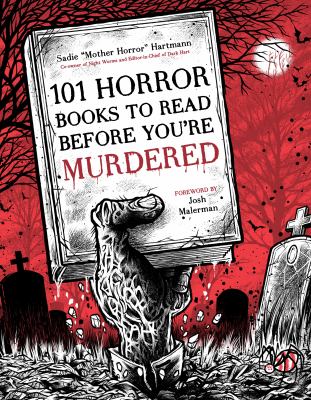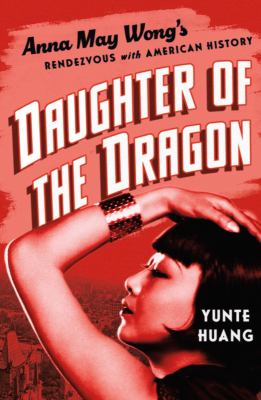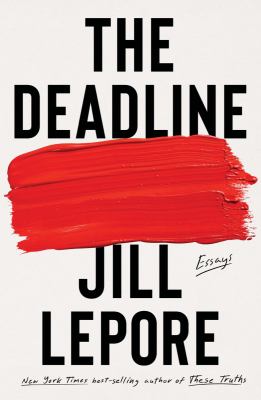In my last post, I introduced you to several notable fiction titles in Appalachian literature. In this post, I’m highlighting three nonfiction titles that give you a glimpse into the history and diverse lived experiences of the region. The Southern Review of Books calls titles such as these a “new wave of Appalachian literature [that] reveal a nuanced and complicated reality about a place marked by the relentless exploitation of its natural resources, victimization and abandonment by federal programs, and the rich cultural overlaps of the people who call it home.”
Another Appalachia: Coming Up Queer and Indian in a Mountain Place by Neema Avashia
Avashia grew up in West Virginia to Indian immigrant parents. In these essays, Avashia explores life at the intersections, how it feels to be pulled toward some aspects of community and pushed away by others (both literally due to distance, and metaphorically, due to interpersonal differences), and what makes one Appalachian. A complex ode to home, this essay collection will appeal to those who appreciate direct, thoughtful prose. This book was a finalist for the Lambda Literary Award for Lesbian Memoir/Biography.
What You Are Getting Wrong About Appalachia by Elizabeth Catte
This is a direct response to the negative stereotypes and myths that stem from the first wave of Appalachian literature and have reverberated through modern day books on the region such as Hillbilly Elegy. Reinforcing that there is no one story that encapsulates the region, Catte situates the region within the broader history of the United States, illustrating its complexities with nuance. Catte is a public historian from Eastern Tennessee who now lives in Virginia.
Kin: A Memoir by Shawna Kay Rodenberg
Rodenberg’s coming-of-age memoir chronicles how she grew up in coal country in a deeply religious family, and how she survived abuse and a lack of trust and support from the adults in her life. Rodenberg spares no details and pulls no punches in this vulnerable and reflective story.
Punch Me Up to the Gods by Brian Broome
Big thank you to the feedback in the comments encouraging this title! Brian Broome is an award-winning writer from Warren, Ohio and this is his debut memoir. Framed by stanzas from Gwendolyn Brooks’s poem, “We Real Cool,” this book explores what it was like to be Black and gay in the 70s and 80s, highlighting issues of intergenerational trauma, abuse, and the struggle to find community. Broome integrates the reader into his emotions with his captivating voice. Both candid and reflective, this moving memoir will take you on a rollercoaster of emotions.
For author interviews and to learn more about Appalachian literature, check out Read Appalachia.
~Posted by Genesee R.

























